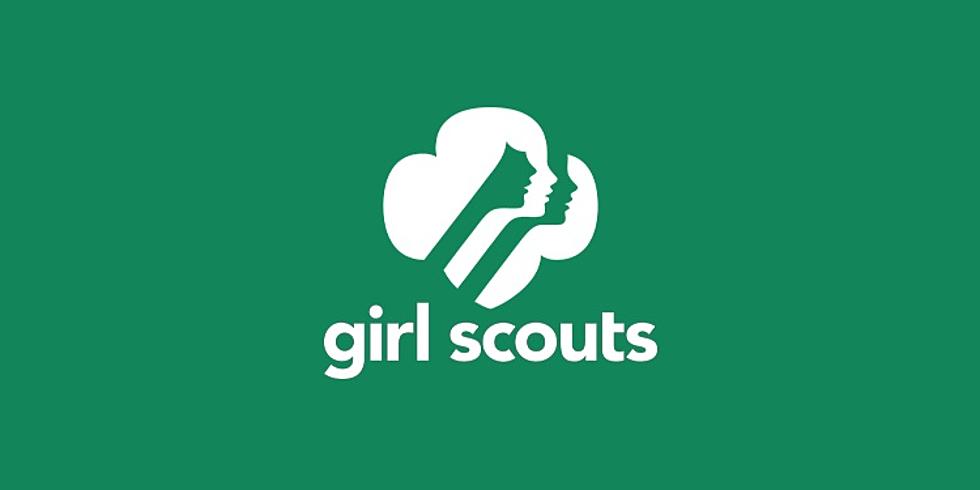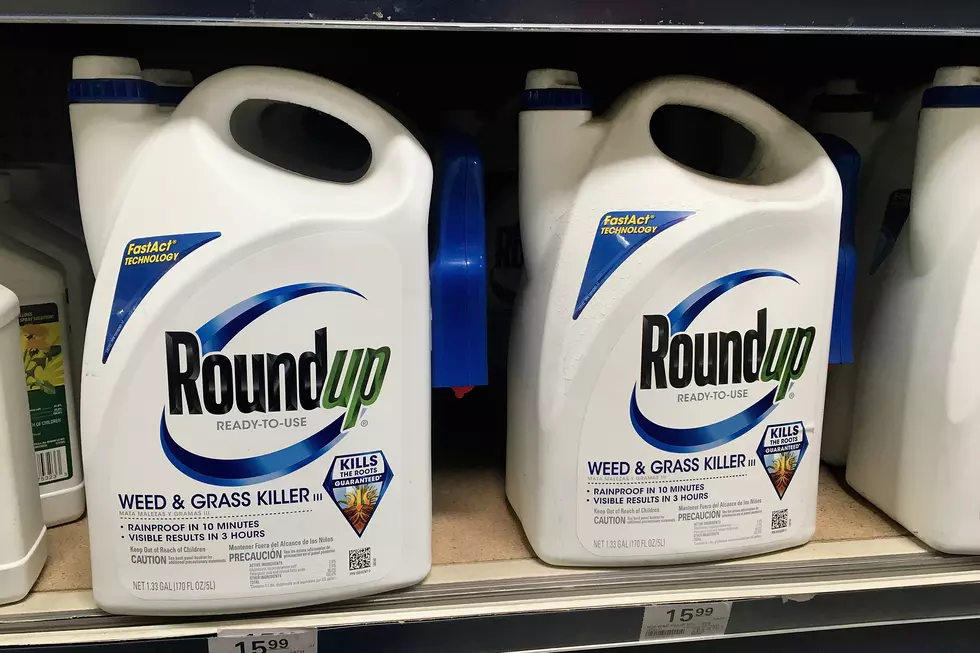
Girl Scouts Were Told to Stop Bracelet-making Fundraiser for Kids in Gaza
Missouri Girl Scout leaders threatened legal action against a troop that made bracelets to raise funds for starving children in Gaza, provoking outrage and ridicule from the girls’ supporters and advocates for people trapped in the Palestinian territory by the latest humanitarian crisis.
Girl Scouts of the USA said its eastern Missouri chapter had only been following fundraising rules, but that it was “disappointed and disheartened by the tone” of the communication with the troop in St. Louis.
“We felt like we were targeted, unfairly belittled and unheard,” said Nawal Abuhamdeh, a first-generation Palestinian Muslim American and the leader of Troop 149 in St. Louis, which has since disbanded from the Girl Scouts.
Tasneem Manjra, a troop leader in California, said it looks like the Girl Scouts are backtracking because they were called out.
“I think that’s a load of Thin Mints,” said Manjra. “They were way too heavy-handed in their response to Nawal and her troop.”
Abuhamdeh said the fundraising effort began because the girls in her troop were uncomfortable selling Girl Scout Cookies while people are starving in Gaza. During one meeting, the girls — who are of Pakistani, Indian, Somali, Syrian, Palestinian and Jordanian heritage — cried and said they felt hopeless.
“What do you think a group of 10-year-old girls would want to do if they felt helpless?" Abuhamdeh asked during a Zoom meeting promoted by Ceasefire for Kids, which advocates for children in Gaza. "They would want to help. How do they want to help? They want to make bracelets. They’re 10 years old. That’s what they felt like they could do.”
By mid-January, they were selling bracelets of black, red, white and green beads — the colors of the Palestinian flag — with “Palestine” spelled out in letter blocks.
They were raising money for the Palestine Children’s Relief Fund, a U.S.-based charity that historically has helped children in need travel to the U.S. for medical treatment. Since the latest war in Gaza began, its focus has shifted to providing food, medication, clothing and humanitarian aid.
Girl Scouts of Eastern Missouri sent an email to the troop last month threatening legal action if they continued to sell the bracelets, according to the Missouri chapter of the Council on American-Islamic Relations. That's when the troop disbanded from the national organization.
Abuhamdeh said she is concerned about Girl Scouts’ commitment to “girls like ours.”
“We aspire to be part of an organization that does not only advertise its desired values, but acts on them,” she said.
In response to demands from CAIR, Girl Scouts of the USA said the local chapter followed its rules but mishandled the situation. GSUSA policy stipulates that money raised by Girl Scouts be used for scouting except in “extraordinary circumstances.” In the past, restrictions have been suspended to raise funds to help those suffering because of the Hawaii wildfires and the war in Ukraine.

Restrictions were lifted for three months through Jan. 10 to allow Girl Scouts to raise money for groups supporting people in Gaza, including the Palestine Children’s Relief Fund, which was approved by a charity assessment organization.
“While the fundraiser in question fell outside of these dates, GSUSA did not consider taking and did not take legal action against this troop or the leader,” the national group said.
It said cookie sale proceeds can always be donated and are never subject to the same restrictions. GSUSA said in 2017 that the organization sells about $800 million in cookies annually.
A petition signed by more than 100 troop leaders demands that Girl Scouts of the USA apologize to Troop 149, issue a statement on the humanitarian crisis in Gaza, and promise that no other troop will get in trouble for fundraising, Manjra said. If the organization refuses, they will stop selling cookies, she said.
Girl Scouts of Eastern Missouri said in a statement this weekend that it had been concerned about maintaining the organization's tax-exempt status. It said it had provided Abuhamdeh with options to continue fundraising, including to modify the language on the bracelet order form to remove the Girl Scout name, or to do the fundraiser on her own.
“We are sorry that Ms. Abuhamdeh chose to disband,” the statement said. “We would welcome them back to the Girl Scout family.”
Abuhamdeh and other scouts questioned the national organization's response, saying they knew nothing about restrictions on fundraising or the moratorium on those limits.
Neither the American Jewish Committee, a prominent advocacy organization, nor the National Jewish Girl Scout Committee have responded to emails from the Associated Press seeking comment.
CAIR said the national organization’s statement was a “positive first step” but that questions persist.
“All these Girl Scouts were trying to do was help the children impacted by the war, just like other troops did for Ukraine,” CAIR’s Missouri board chairman, Yasir Ali, said.
Meanwhile, the controversy has so boosted bracelet orders that the girls suspended sales last week because they couldn’t keep up. Abuhamdeh invited members of the public to help them make bracelets at a mosque on Saturday, and about 100 volunteers showed up.
Thanks to that “solidarity and humanity,” they have raised more than $10,000, Abuhamdeh said.
More From AM 1050 KSIS








